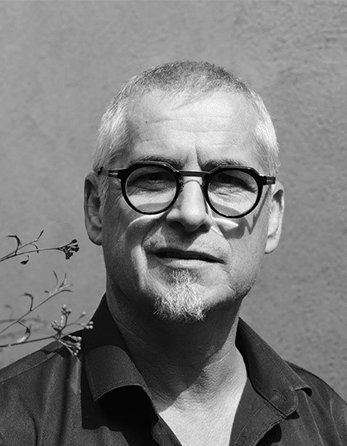Home / Who you are / Local Authorities
Local Authorities: Commit to the Energy Transition
Our commitment: Addressing your territorial challenges
Because the energy transition is everyone’s responsibility, local authorities are often the first to act on the ground, seeking sustainable and cost-effective solutions with economic benefits.
If you are a municipality, intermunicipality, department, region, or any other local authority, Urbasolar offers photovoltaic solutions tailored to your needs and supports you in the energy transition.
Aware of the planning challenges faced by municipalities and local authorities, we can help you meet the objectives set by certain regulations through photovoltaics:
- SCoT (Territorial Coherence Plan): Determines spatial organization and development orientations for your area.
- PCAET (Climate, Air, and Energy Territorial Plan): Aims to meet environmental objectives through various tools, including renewable energy.
- SRADDET (Regional Planning, Sustainable Development, and Territorial Equality Scheme): Plans regional strategies and objectives for land use, including photovoltaics.
Engaging in a photovoltaic project ensures the production of local, decarbonized energy and promotes economic benefits for your area and its citizens for at least 30 years.
Our expertise in green energy production
At Urbasolar, we have been supporting local authorities for nearly 20 years in their territorial revitalization projects and local green energy production.
solar plants in operation
MWp
solar plants in development
MWp
local authorities
We have 7 agencies across France. Our multidisciplinary teams, close to your territory, have developed a deep understanding of local specificities and will respond quickly to your needs.
What Land Can Host a Solar Plant?
Photovoltaics is a technology that adapts to most types of land, often classified as degraded, polluted, or unused, such as:
From 2 hectares:
- Former landfill or waste storage site
- Former airfield
- Abandoned port, road, or rail areas
- Urbanization zones, industrial wastelands, underutilized development zones (ZAC)
- Natural or agricultural wastelands
From 8 hectares:
- Agricultural land (livestock, orchards, vineyards, market gardening)
- Artificial water bodies
To support the energy transition in your area, we adapt our installations to the land you own.
Advantages of photovoltaics for municipalities and local authorities
The needs of municipalities and local authorities are diverse. Photovoltaics offers many benefits that can address all your challenges.
We propose leasing your land (terrain or water body) to install a solar plant, allowing you to:
They trust us
Photovoltaics is a real opportunity to promote the development of renewable energy. Whether in the municipalities of Carbonne, Peyssies, or Salles-sur-Garonne, the installation of solar plants has enabled the rehabilitation of former aggregate extraction sites that could not be used for anything else.
Urbasolar is a partner we trust, demonstrating flexibility and attentiveness in the realization of each photovoltaic project in the area.
For the Volvestre municipalities involved, beyond producing clean electricity, this also represents an economic benefit that can be reinvested in territorial development.
Denis TURREL
President of the Volvestre Community of Municipalities and Mayor of Carbonne

References
Capacity:
5MWp
Former quarry
Conscious of the degraded nature of this land, the photovoltaic project was born from the municipality of Bours’ desire to rehabilitate the site by converting it into a green energy production area.
Annual production: 6.2 GWh, equivalent to the electricity consumption of 3,000 people
Capacity:
12.2MWp
Former mine
The project in Sanvignes-Les-Mines is located on the land of a former mine owned by the Creusot Monceau Urban Community.
Annual production: 13.5 GWh, equivalent to the electricity consumption of 10,300 people.
Capacity:
4.5MWp
Former gravel pit
A perfect example of site rehabilitation and circular economy, the Lavernose solar plant was backfilled using construction waste from the Toulouse metro line.
Annual production: 6.6 GWh, equivalent to the electricity consumption of 3,000 people.
Ground-mounted solar plant in Graissessac (1min)
